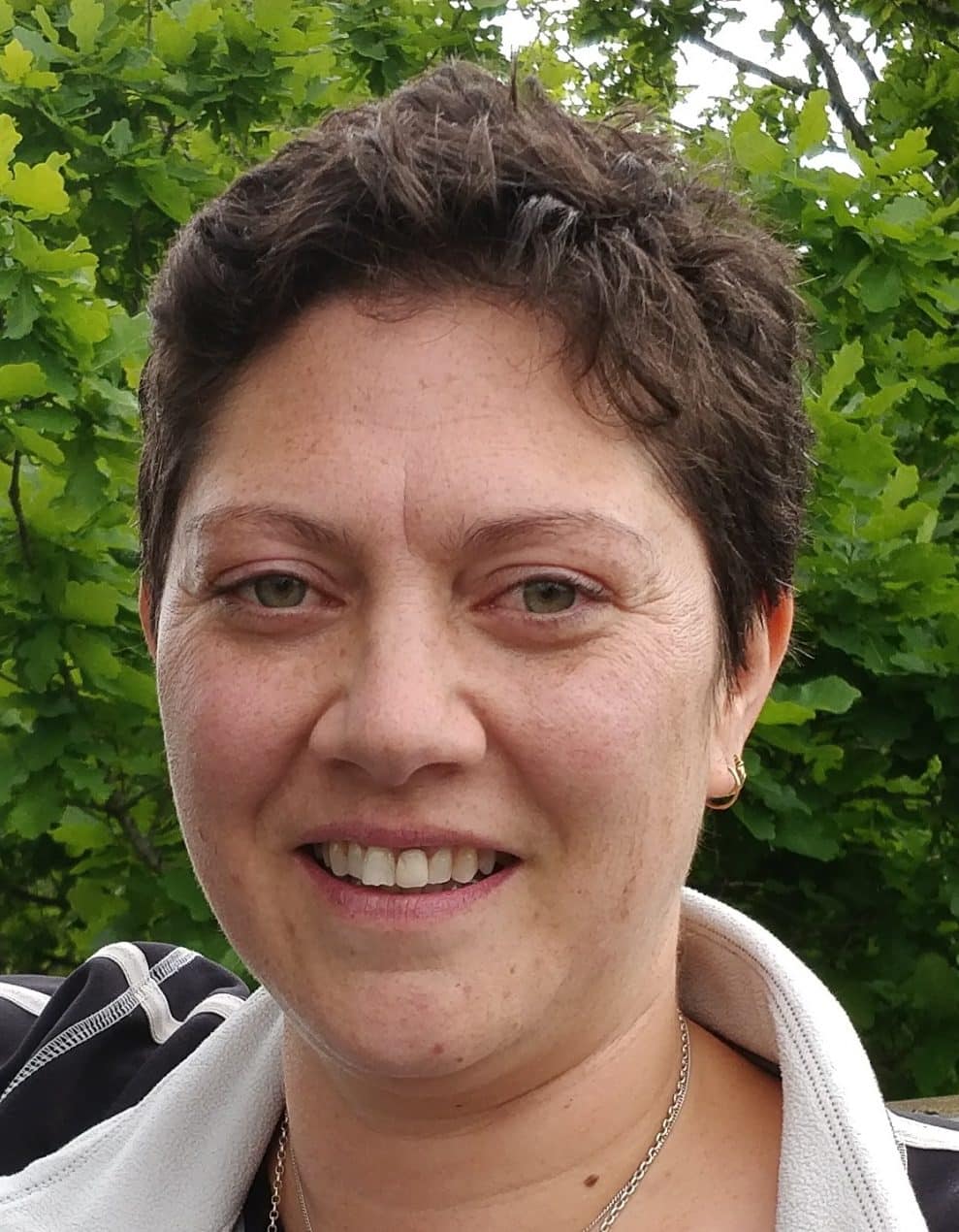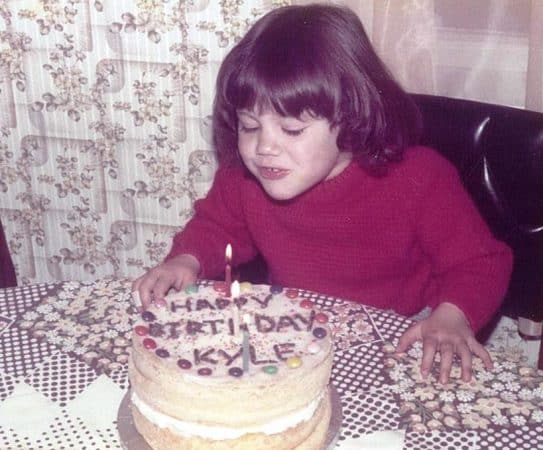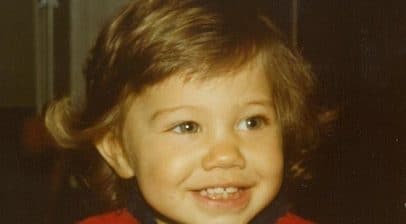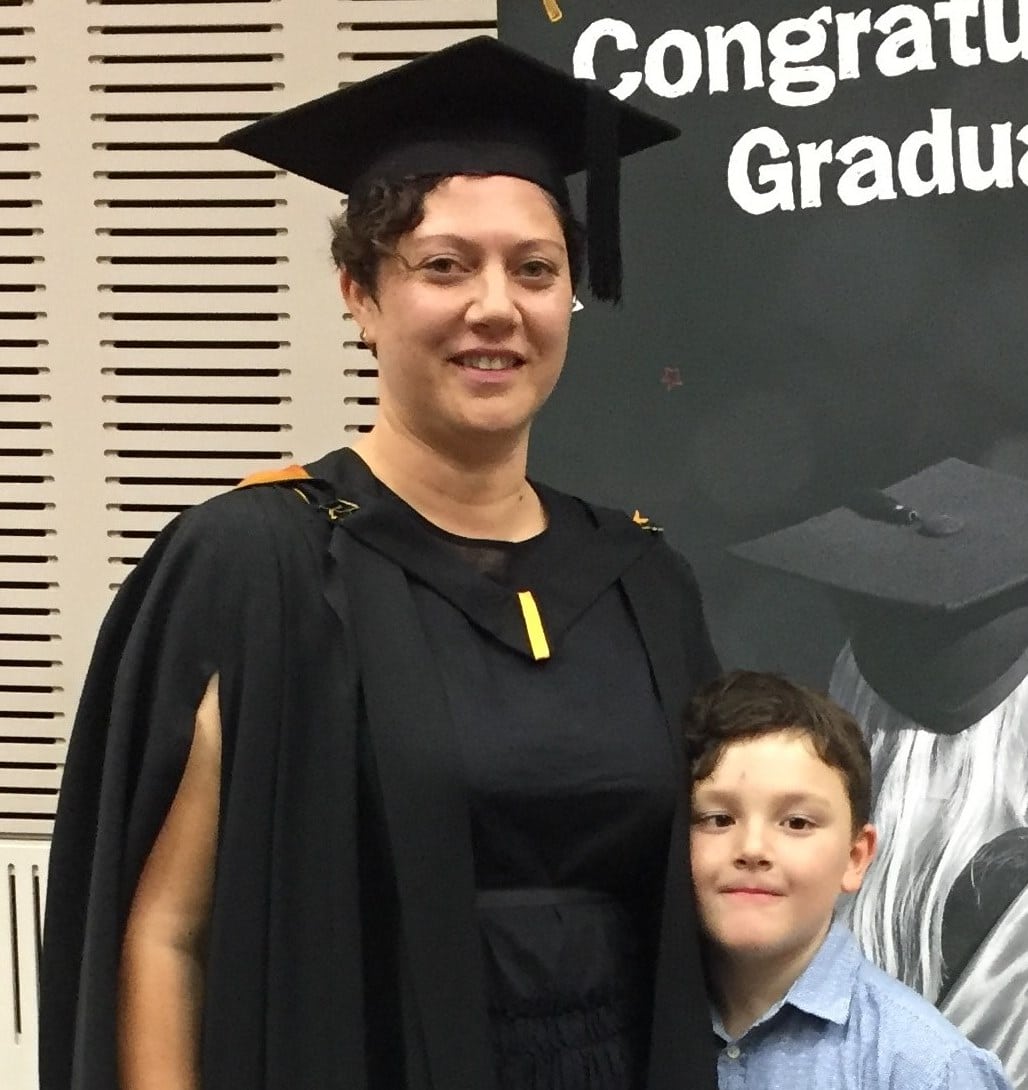23 November 2018 – When Kyle Hefferon was at primary school she wondered how and why other children thought and did the things they did. Now she knows.
Seeking participants for thesis studies

At this stage I knew I was smart because other people told me. But I never could understand how I knew things, I just did.
At the age of nine, moving to a larger school where I did not know anyone was scary. It was confusing, and with so many children around I found it hard to keep track of what was happening. I began to feel stupid and lazy; feelings that continued for most of my life.
Having no qualifications, I worked in physically demanding jobs from the time I left school at 15. I became a workaholic, always needing to prove myself. Every time I started to become successful, I would develop physical ailments such as allergies, or tendinitis, making it impossible for me to continue in that role.
I had always secretly dreamed of tertiary education, but believed it was out of my reach. I enrolled at an Auckland university when I was 25 and loved the learning experience but couldn’t do the assignments.
I began having nightmares and couldn’t sleep properly. I was told to access student support services, but I didn’t know how. So, I just stopped going to class and returned to full-time work. My doctor put me on a mix of pills, advising me that I was depressed.
I have never spent long without having to interact with medical professionals or some form of government agency. People who have known me have never been able to comprehend the terrible bad luck I have when interacting with these services. This left me feeling isolated from family and friends, as I couldn’t explain to them what was happening. And often my attempts to explain myself were met with disbelief.
In 2014, I enrolled in a bachelor’s degree at the University of Waikato. It was extremely stressful, and I contracted school-sores three times in my first semester. Sometimes I couldn’t sleep for days after my assessments and exams. I encountered memory loss, forgetting whole days of class at a time. I would suffer sensory-overload from the noise during group discussions, or certain smells, leaving me unable to do my work. No-one could understand what was wrong with me, as on paper I appeared to be a successful student. I still didn’t realise that the majority of the population did not experience things the way I did.

In January 2017, out of pure luck I saw a psychologist who had previously trained with children on the autistic spectrum. When she suggested I could have attention deficit hyperactivity disorder and autism spectrum disorder, I was in disbelief.
No one had ever suggested anything like this before. Learning about these conditions became an obsession for me. The more I learnt, the more it made sense. In my attempts to access diagnostic services, I came up against many of the barriers that are becoming commonly recognised as facing adult women.
Conditions such as obsessive-compulsive disorder, borderline personality disorder, and anxiety were thrown around.
In April this year I graduated with a Bachelor of Social Sciences, and in June received an official autism diagnosis from a team of clinical psychologists which I accessed through the public health system.
Now I am about to start my thesis for a Master of Disability and Inclusion Studies at Waikato University where I intend to utilise the knowledge gained through my experiences of autism assessment and diagnosis.
These days I am less stressed, sleep better, and am happy with who I am. Having an awareness that I interpret the world differently to most people grounds me in whatever environment I may encounter. This has given me the ability to make sense of my past and to create my future with new-found self-awareness.
- Kyle Hefferon is 38 and is mother to Ryan, 7
- This article appeared in Altogether Autism Journal, Issue 3 2018.




